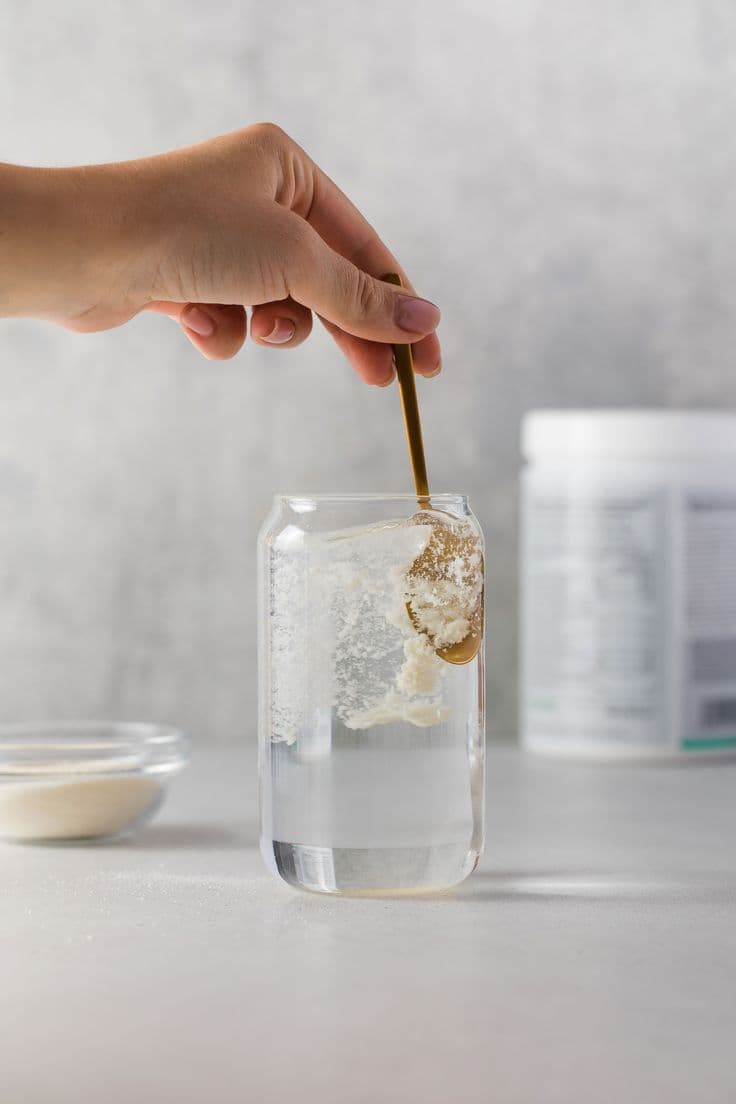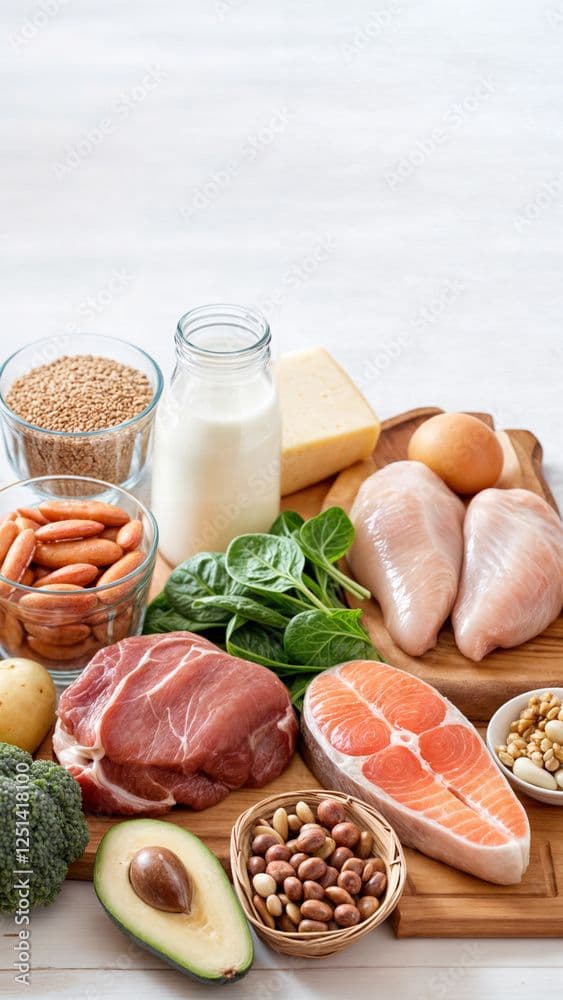
Can food actually help your endometriosis pain?
8 sources
Listen to this article
We've all heard the whispers in online forums and from well-meaning friends: "Just change your diet and your endo will get better!" But let's be real here. You're probably feeling skeptical, and honestly? That's smart. You deserve the truth about what nutrition can and cannot do for endometriosis.
Here's what the latest research actually shows: food isn't a magic cure, but it can be powerful medicine for managing your symptoms.
The inflammation connection that matters
Your body is constantly fighting inflammation with endometriosis, especially during your luteal phase when everything feels amplified. Recent studies show that anti-inflammatory diets rich in omega-3s, colorful vegetables, and antioxidants can genuinely reduce pain levels and improve quality of life. We're talking measurable differences, not just placebo effects.
One 2024 study found women following targeted dietary approaches for six months reported significantly less pain and bloating. That's the kind of evidence-based hope you can actually lean into.
What works (and what doesn't)
The MIND diet approach shows real promise: think leafy greens, berries, nuts, and fatty fish while reducing red meat and processed foods. Low FODMAP protocols help many women find relief from that awful luteal phase bloating that makes you want to nest in stretchy pants forever.
But here's your reality check: nutrition works best as part of your overall treatment plan, not as a replacement for medical care. Think of it as powerful support for your body's healing, not a standalone solution.
Your gentle action plan
Start here without overwhelming yourself:
• Add one anti-inflammatory food daily (blueberries in your morning routine, walnuts as an afternoon snack)
• Increase fiber gradually to support hormone balance
• Consider tracking symptoms alongside food choices for two weeks
• Supplement with omega-3s and magnesium (especially helpful during your prepare-and-nest phase)
• Work with a registered dietitian familiar with endometriosis if possible
Your body deserves comfort and support, especially when symptoms spike. Nutrition can be one important tool in your toolkit, giving you some control in a condition that often feels uncontrollable.
You're not imagining the connection between what you eat and how you feel. Trust your instincts and give evidence-based nutrition the chance to support your healing journey.



